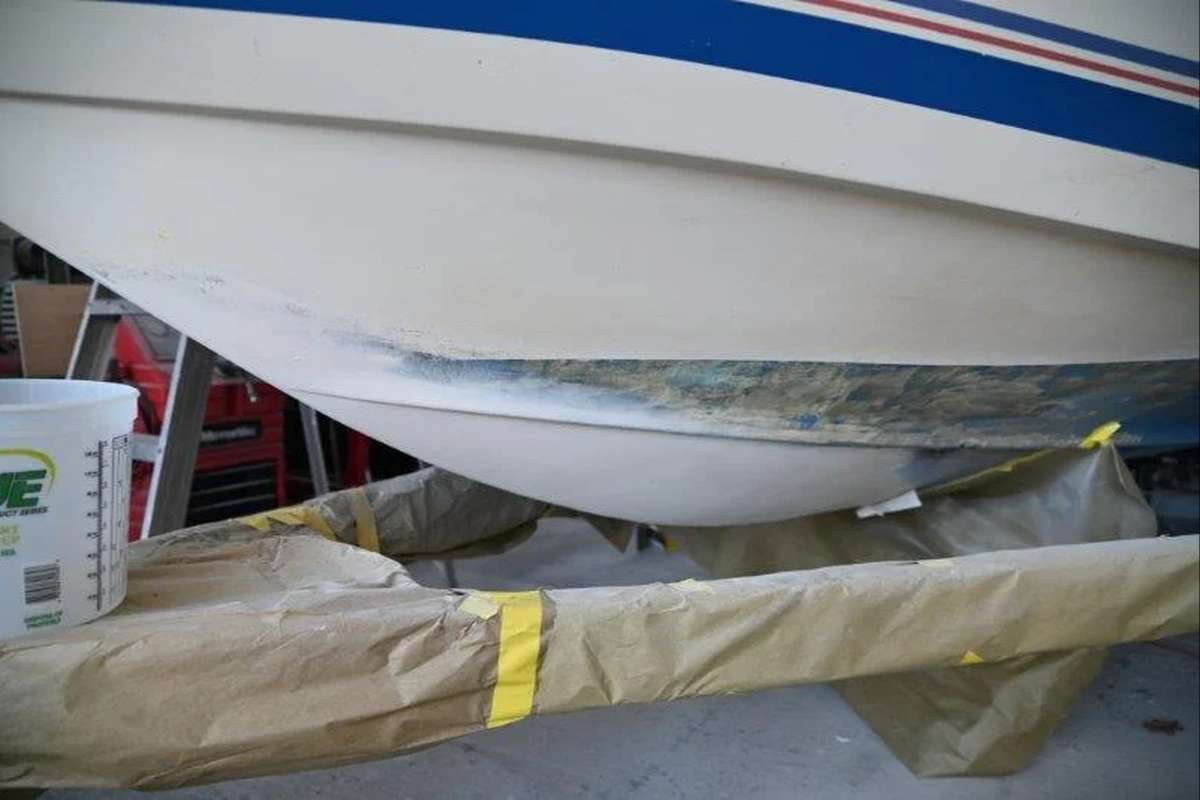Transform Your Sailing Experience: Cannabis-Infused Products for Peaceful Waters
Experience sailing’s ultimate relaxation with carefully selected cannabis-infused products designed specifically for life on the water. Like Budpop shroom products, these marine-friendly innovations merge ancient plant wisdom with modern sailing needs. Store waterproof cannabis tinctures in your boat’s medical kit for easy, discreet access while maintaining full control of navigation and safety protocols. Choose low-THC, high-CBD formulations specifically crafted to combat motion sensitivity without compromising maritime alertness or judgment.
Pack micro-dosed edibles in waterproof …









